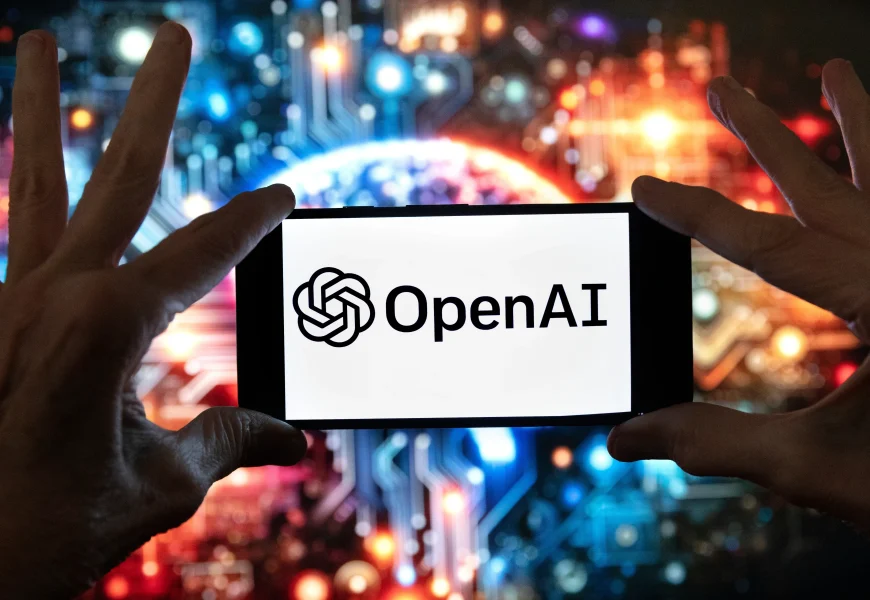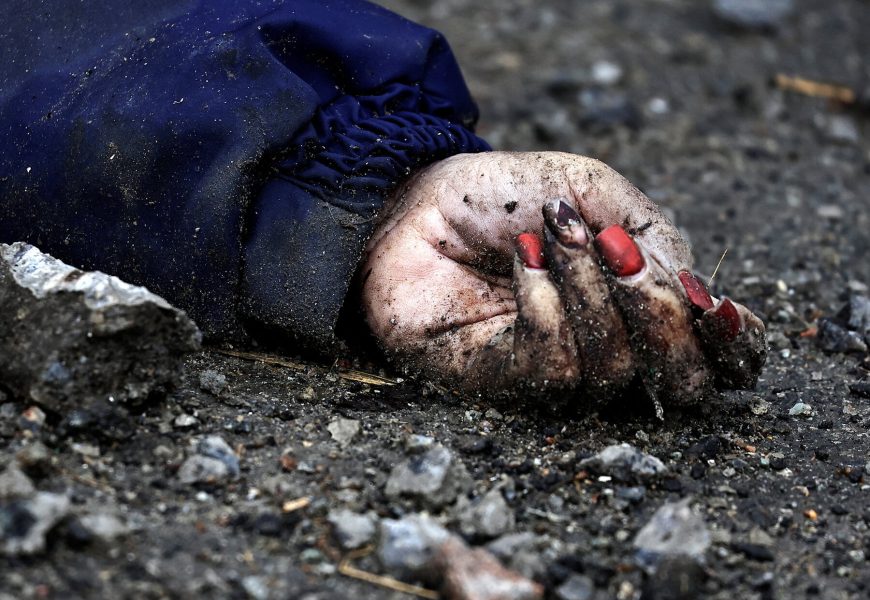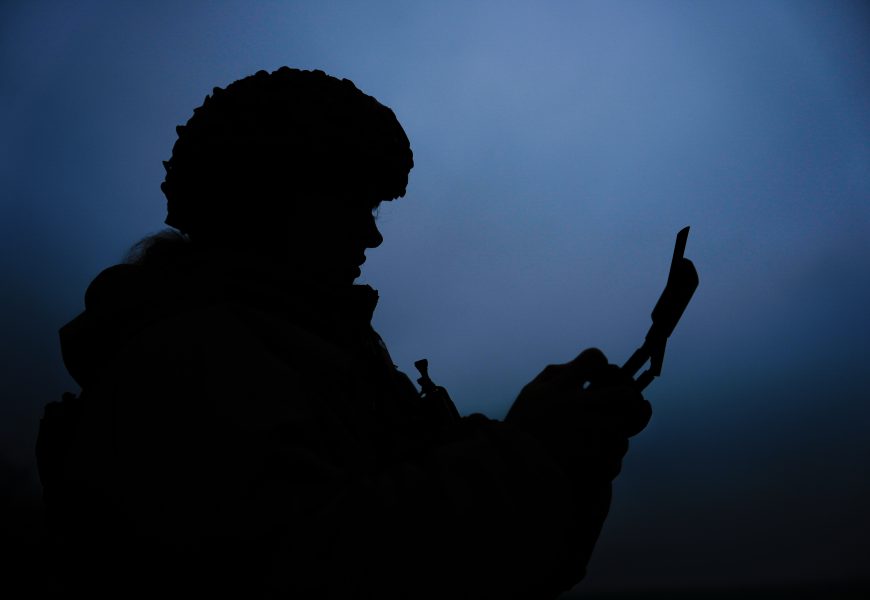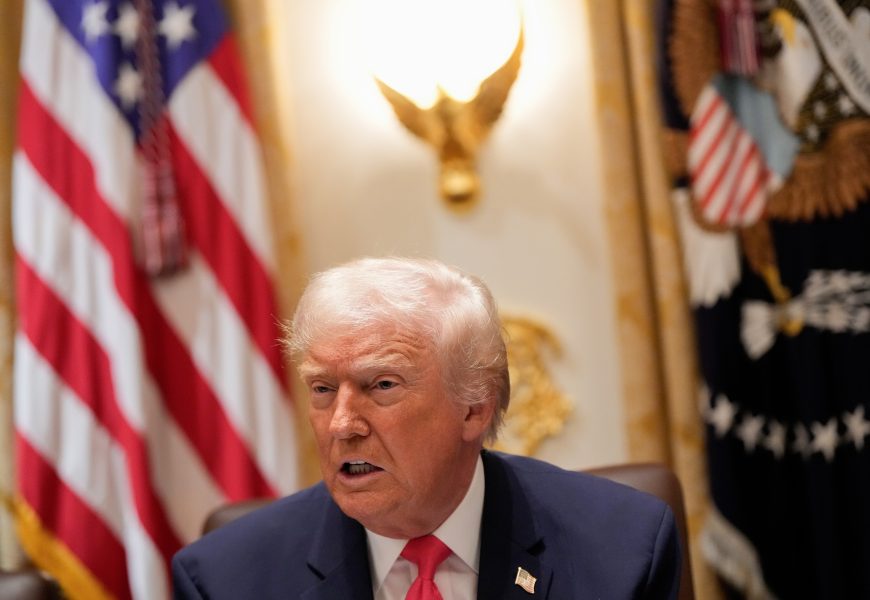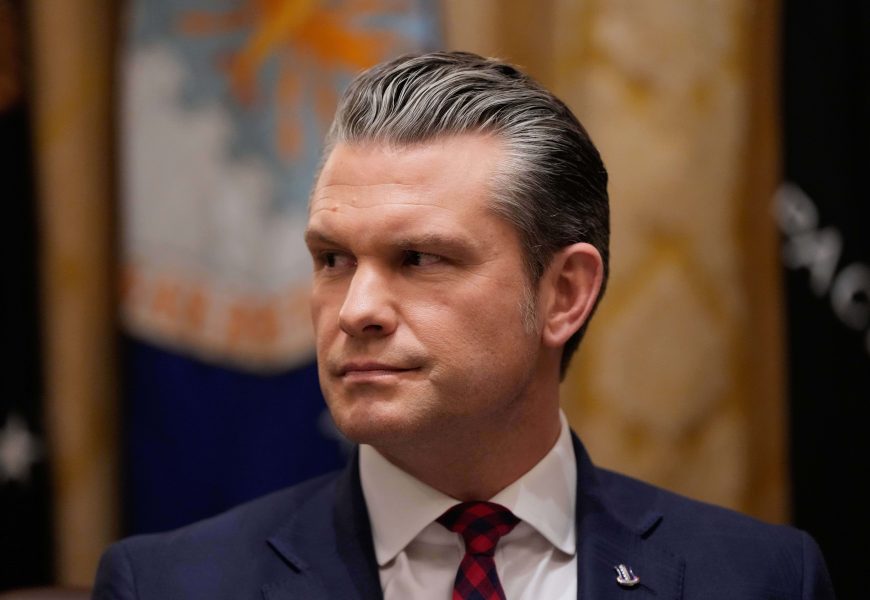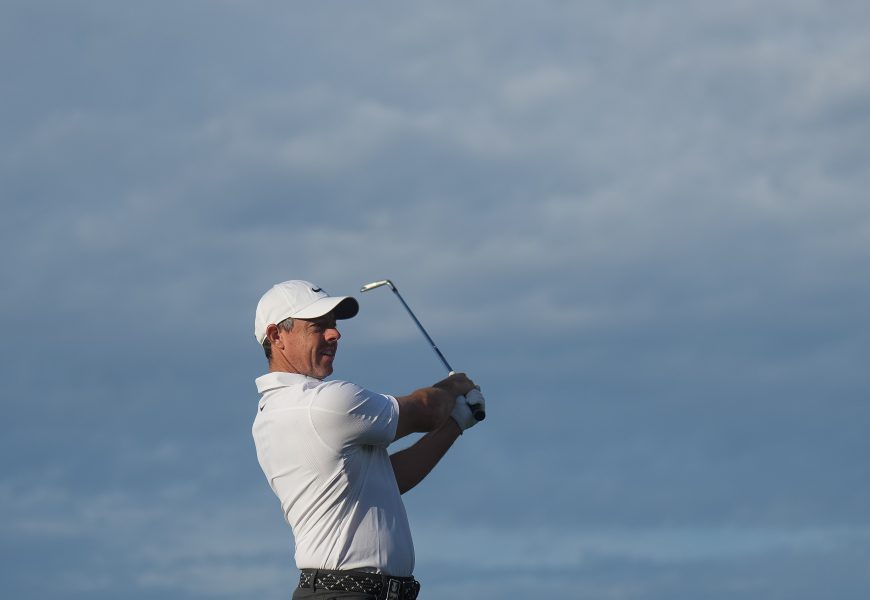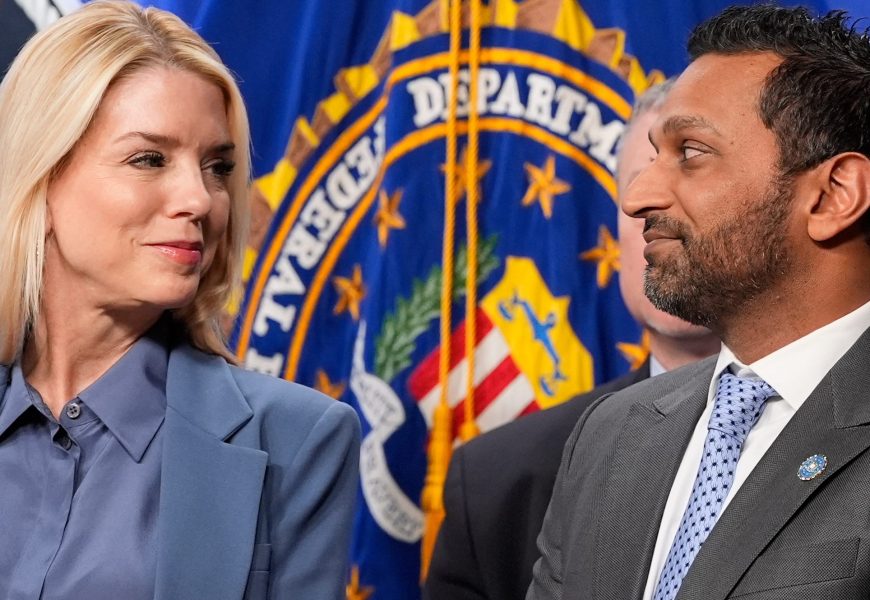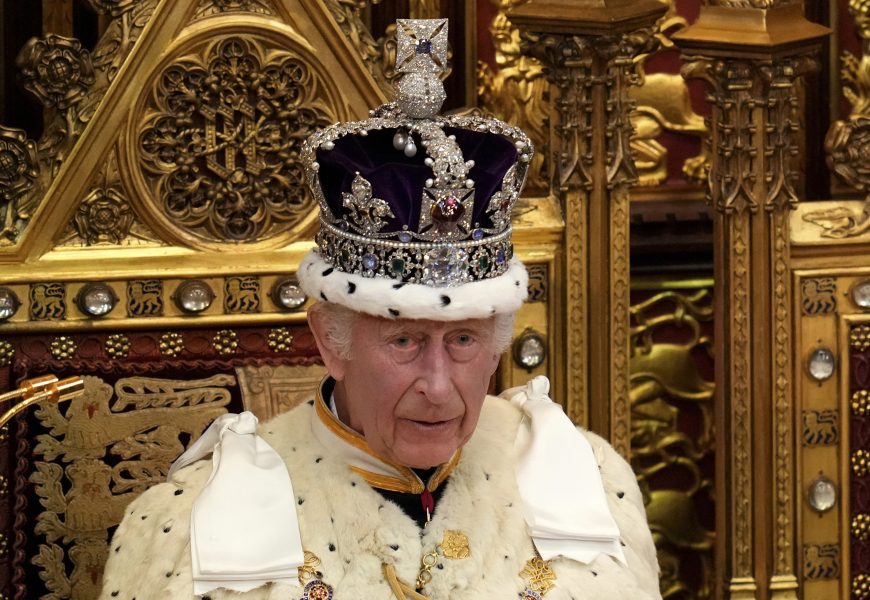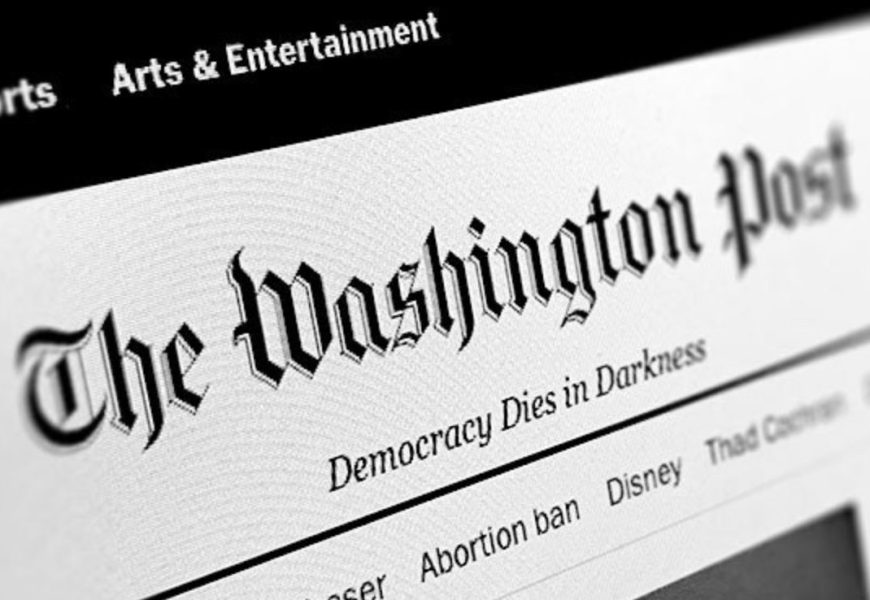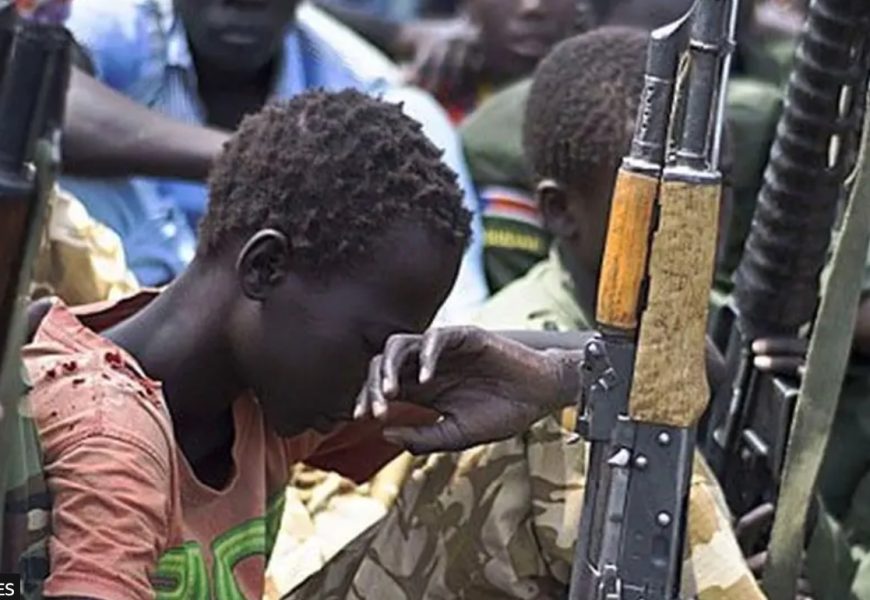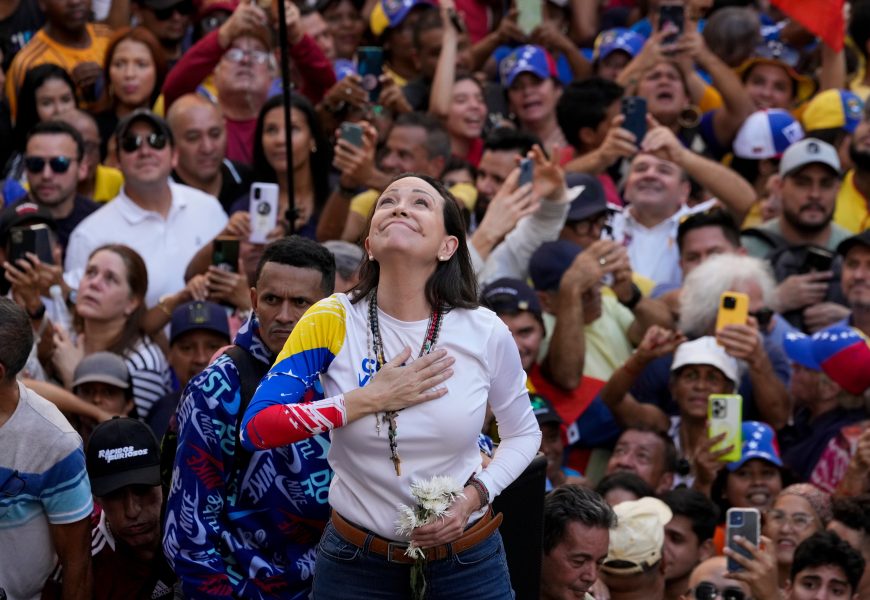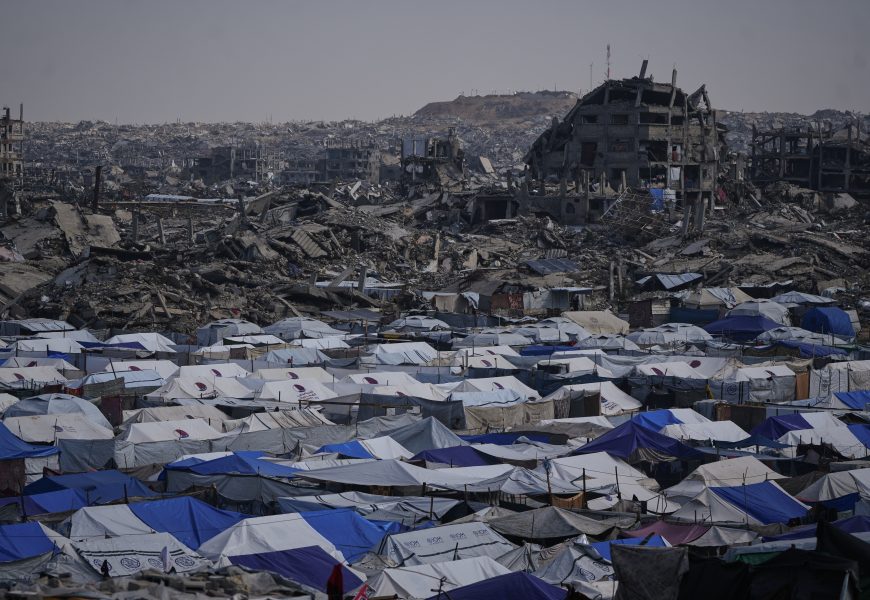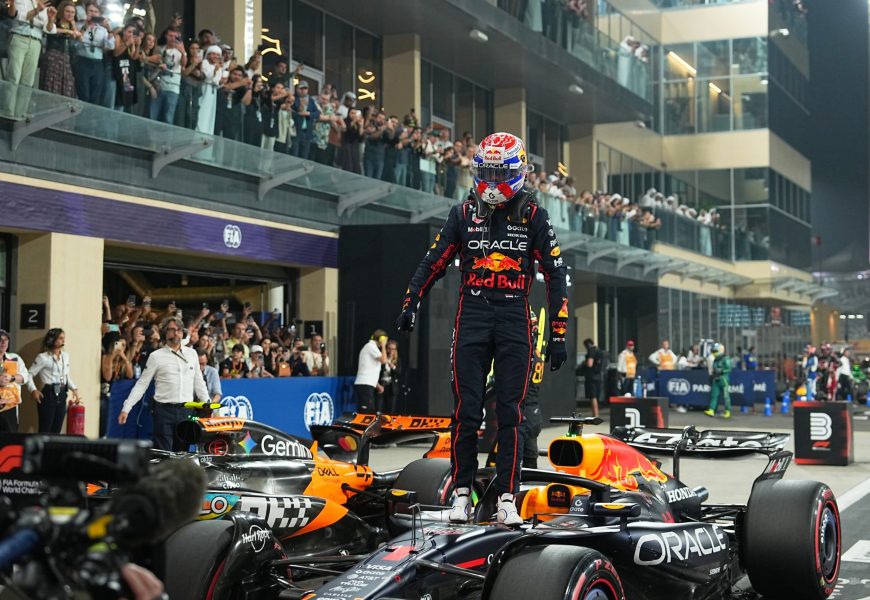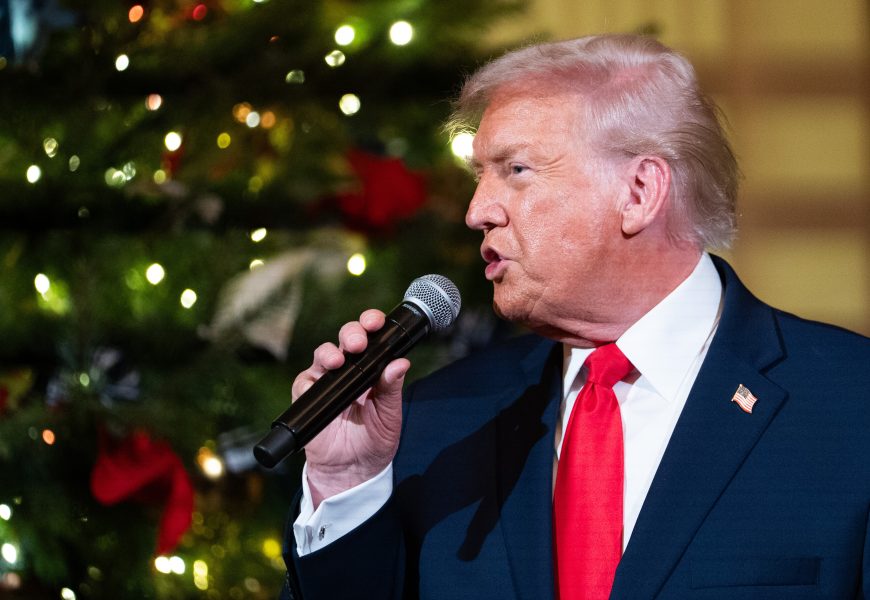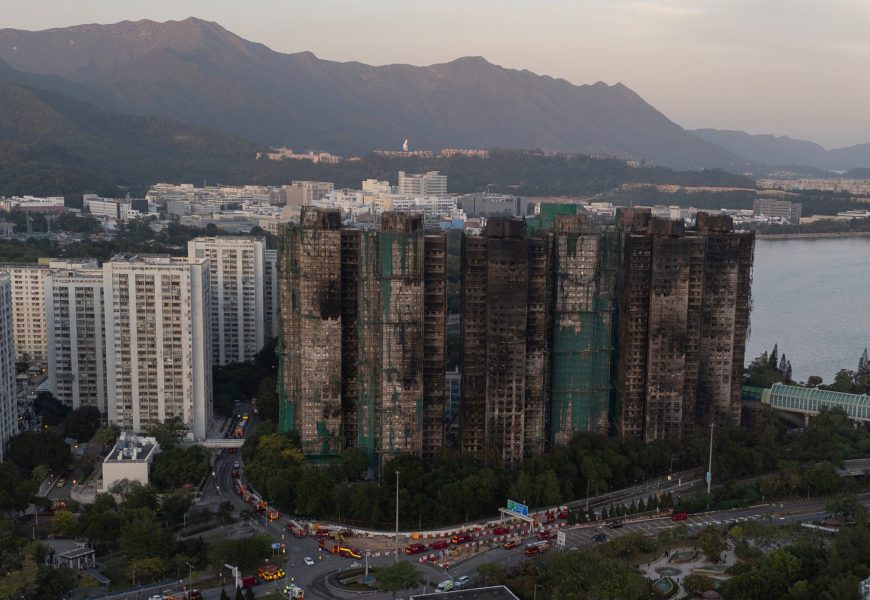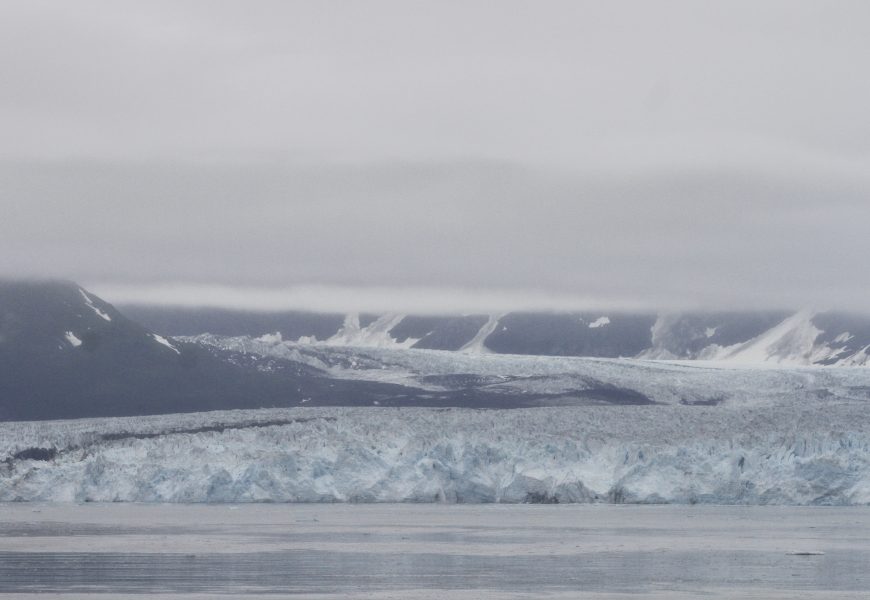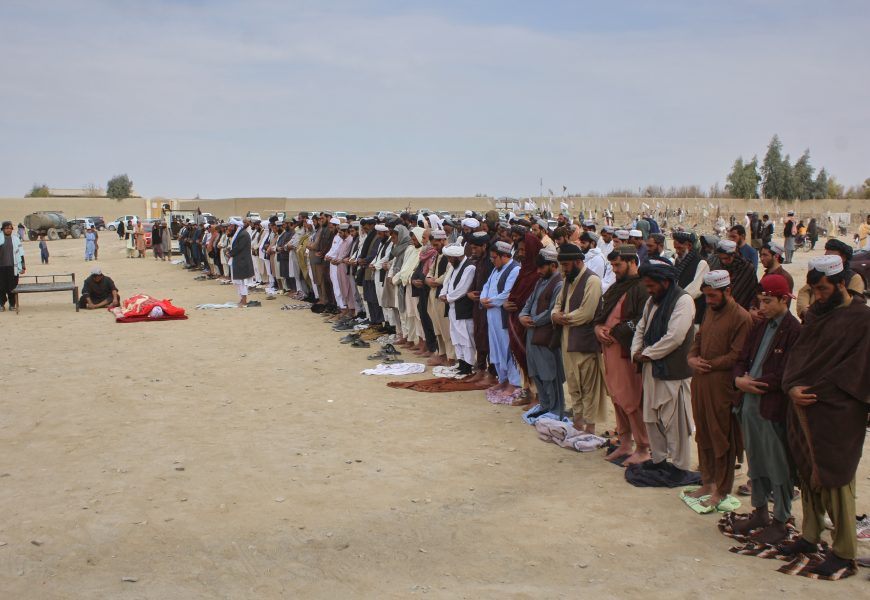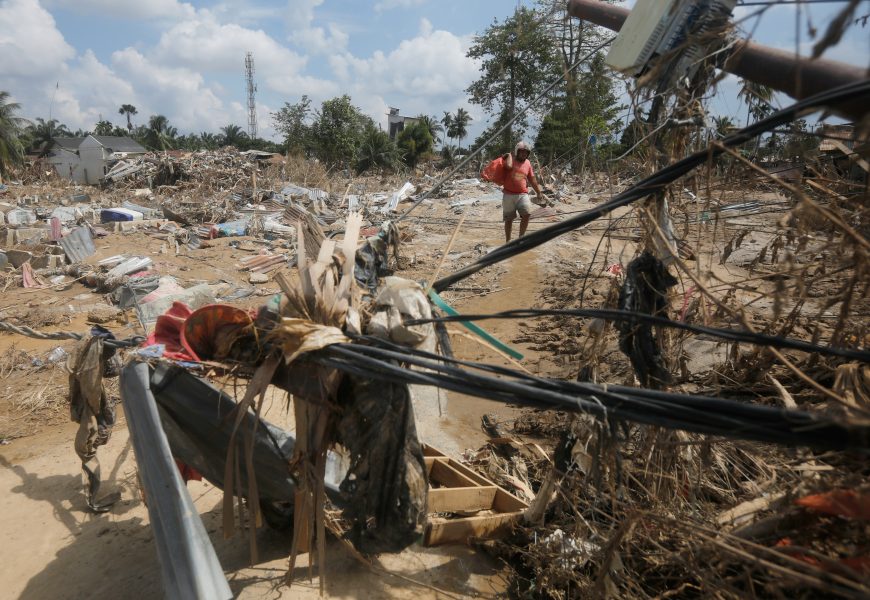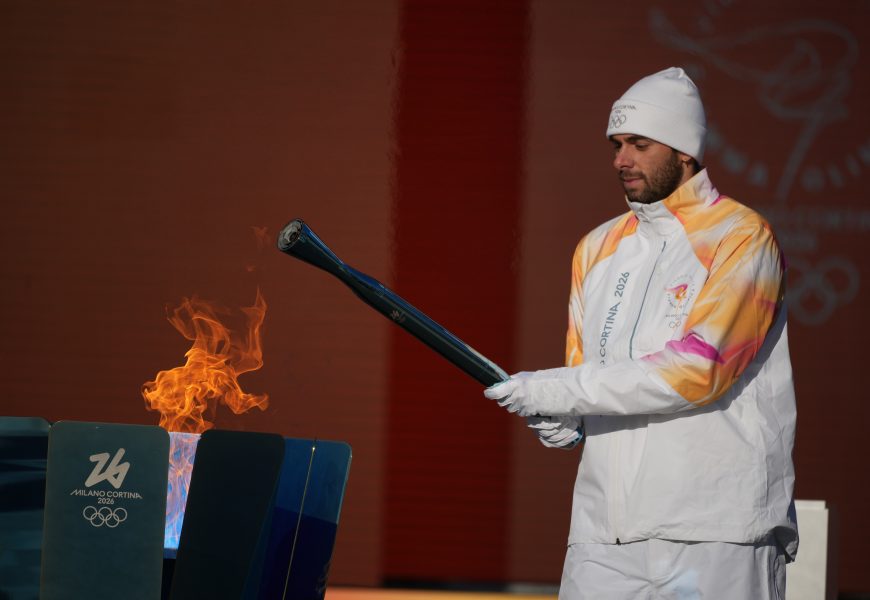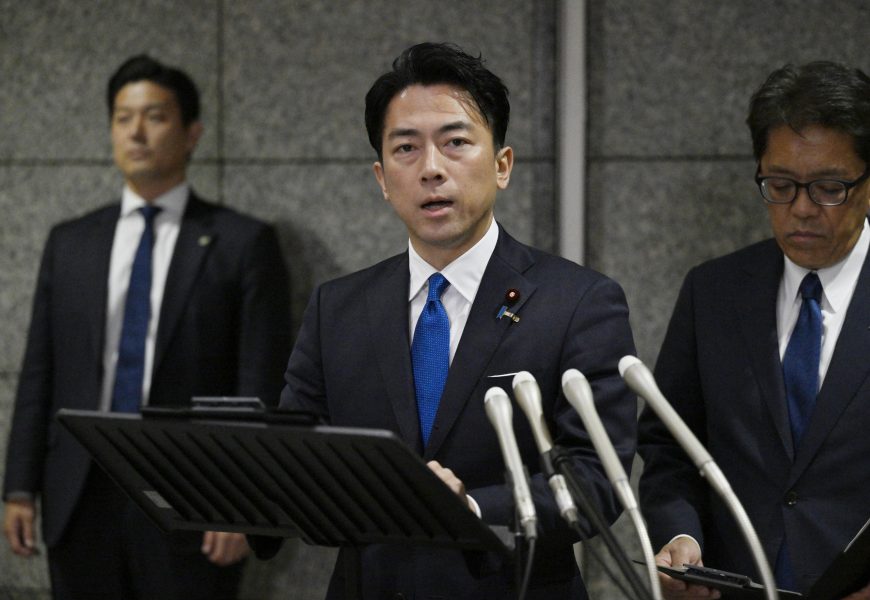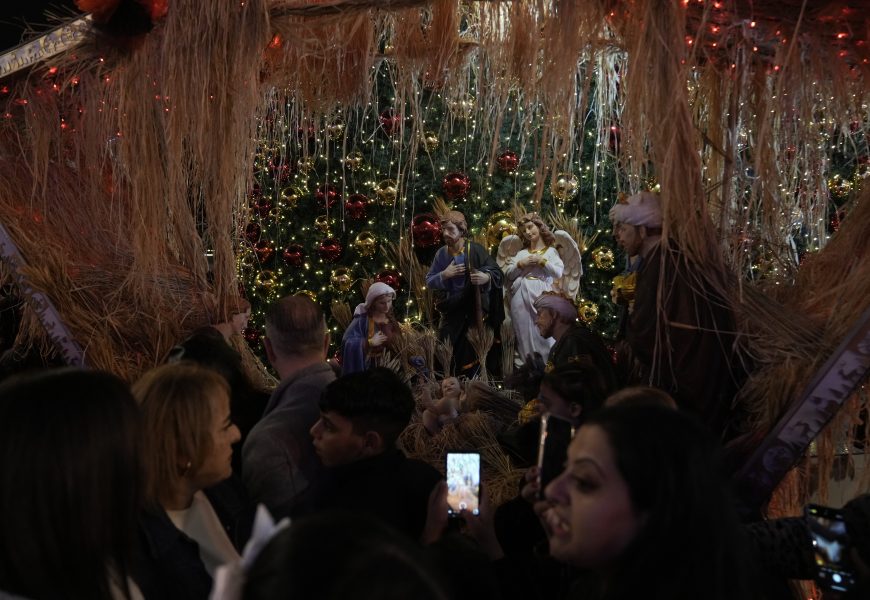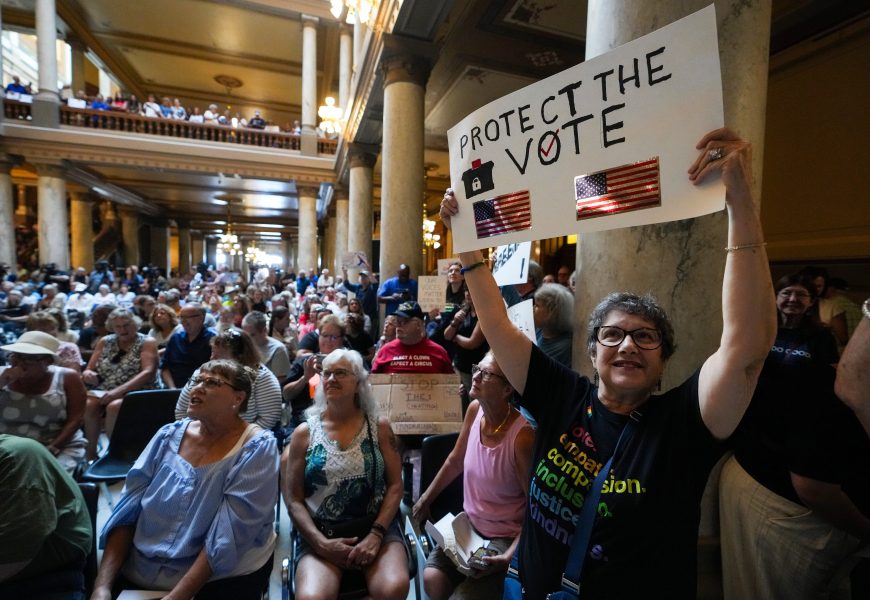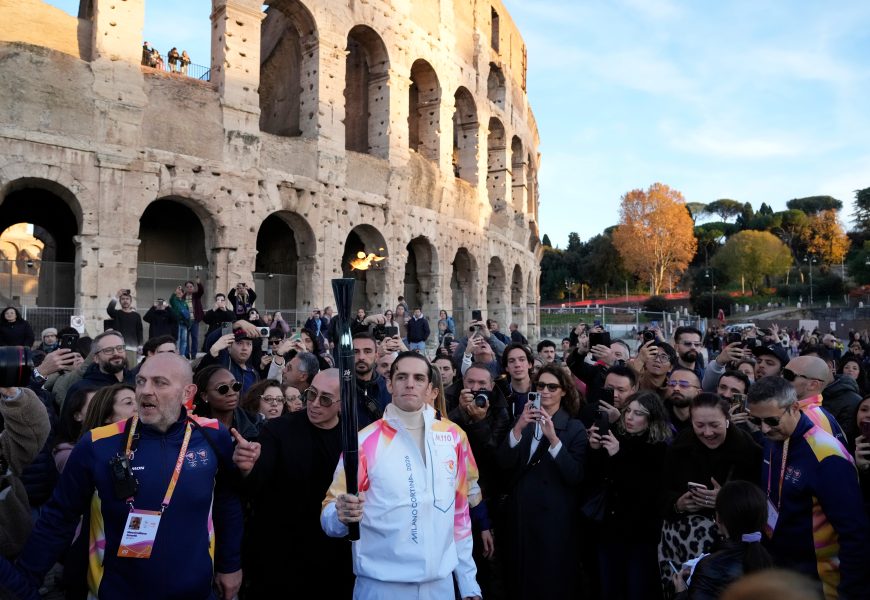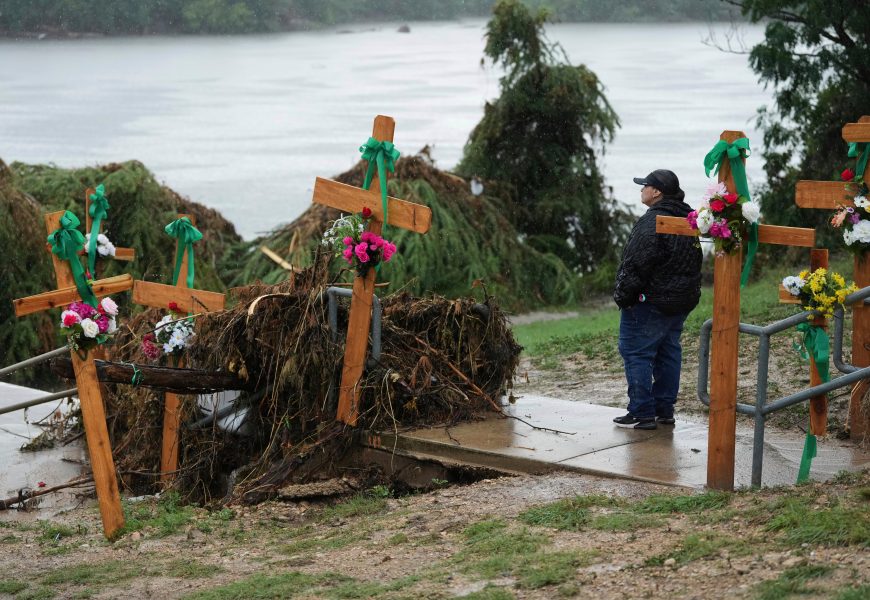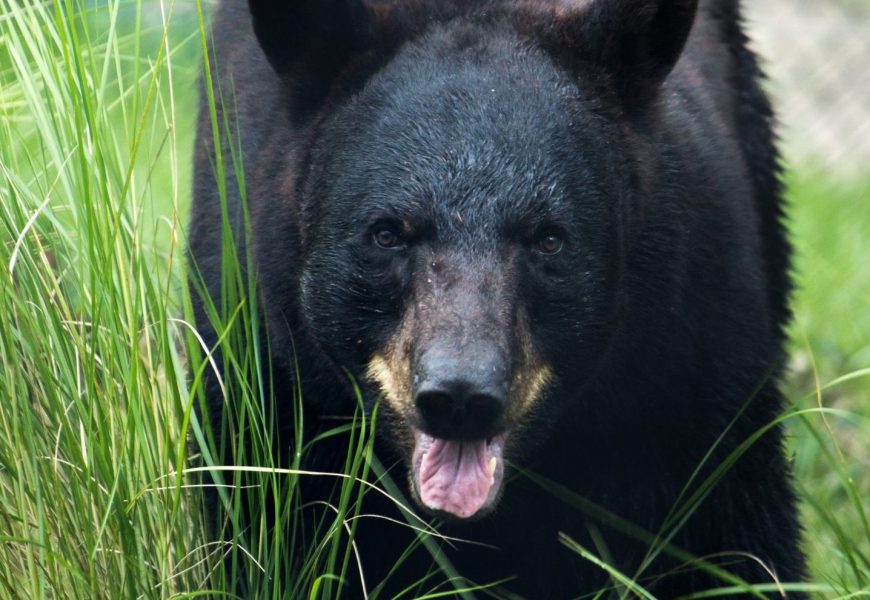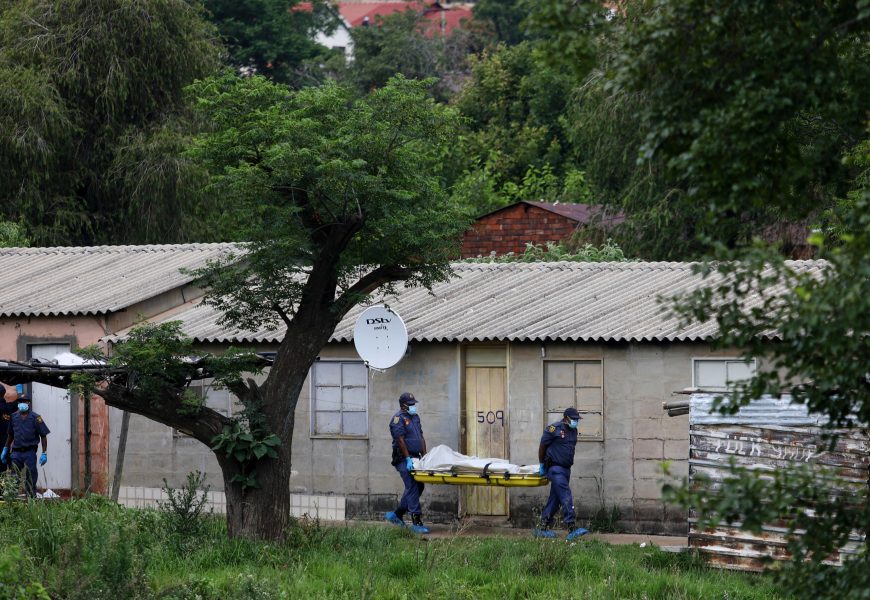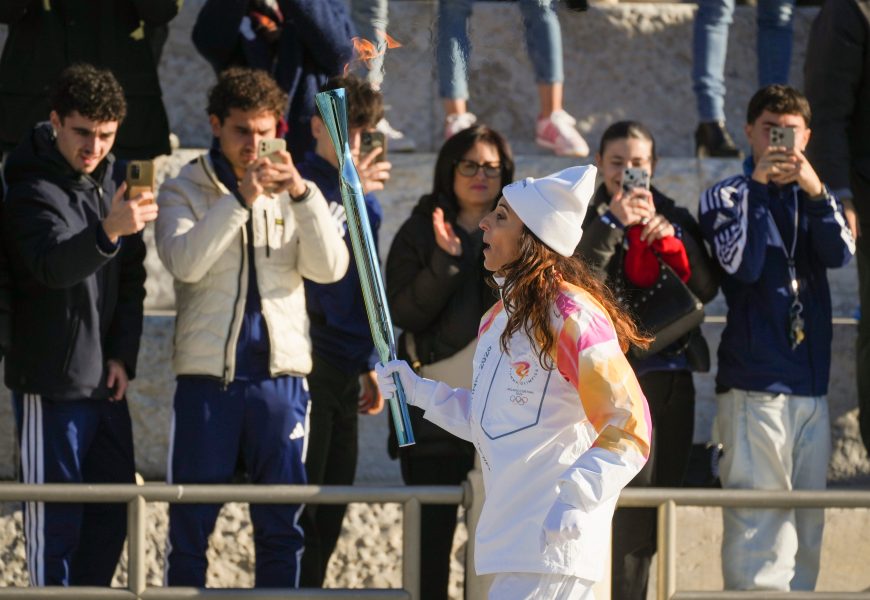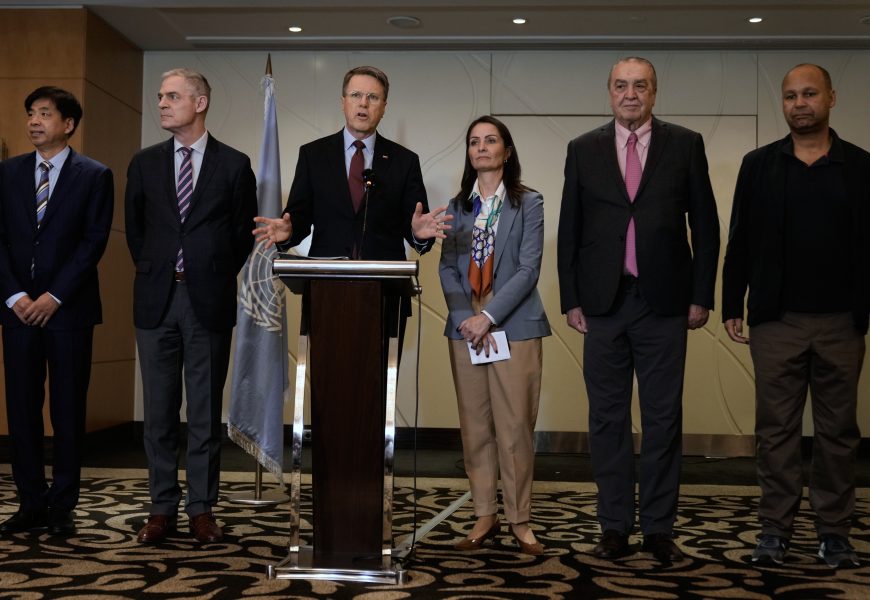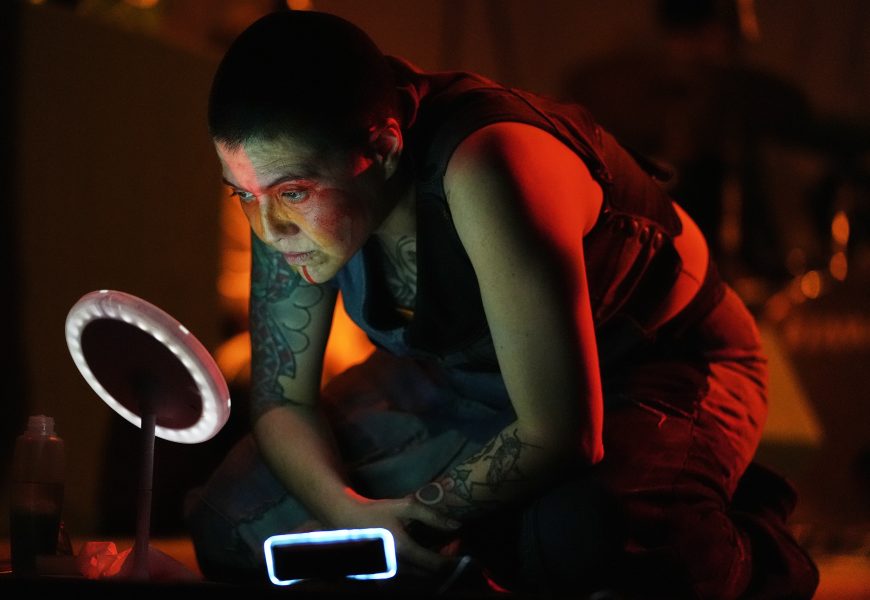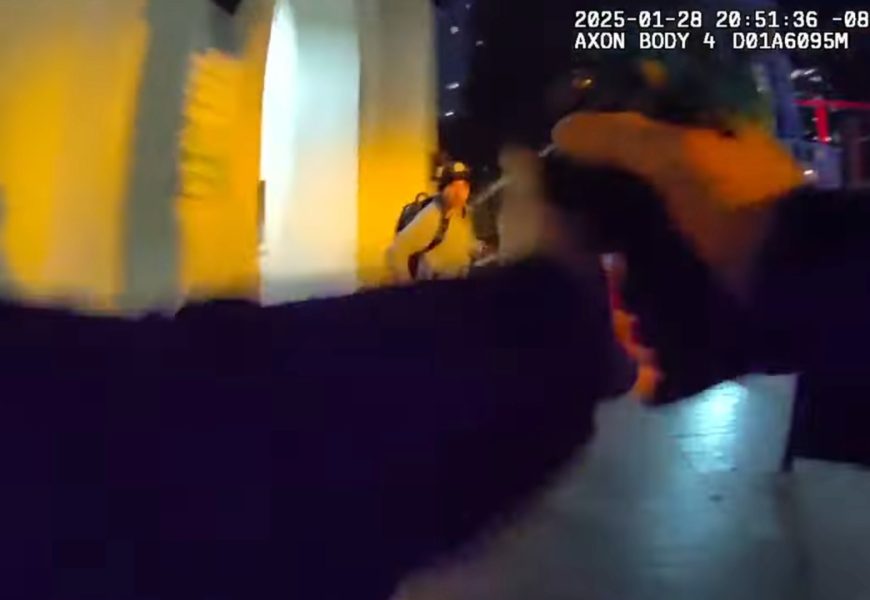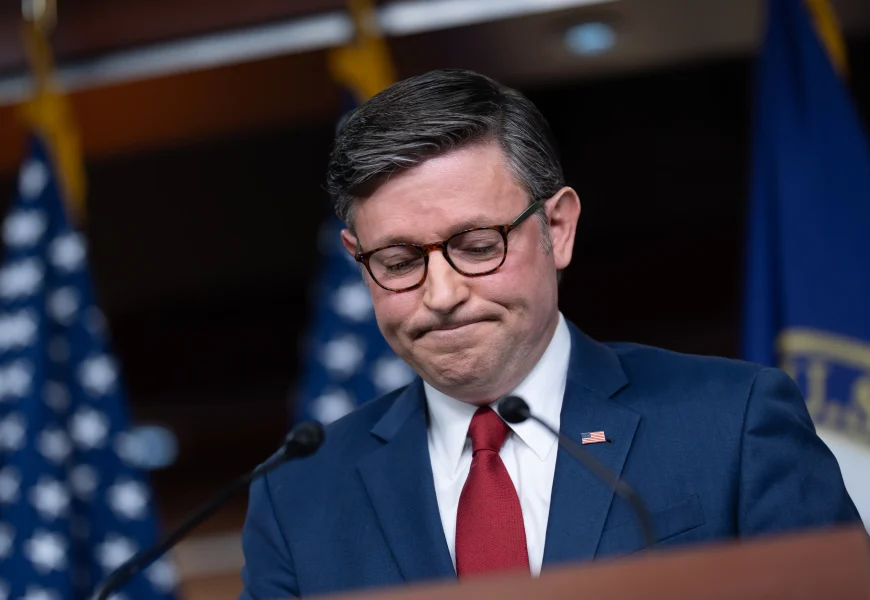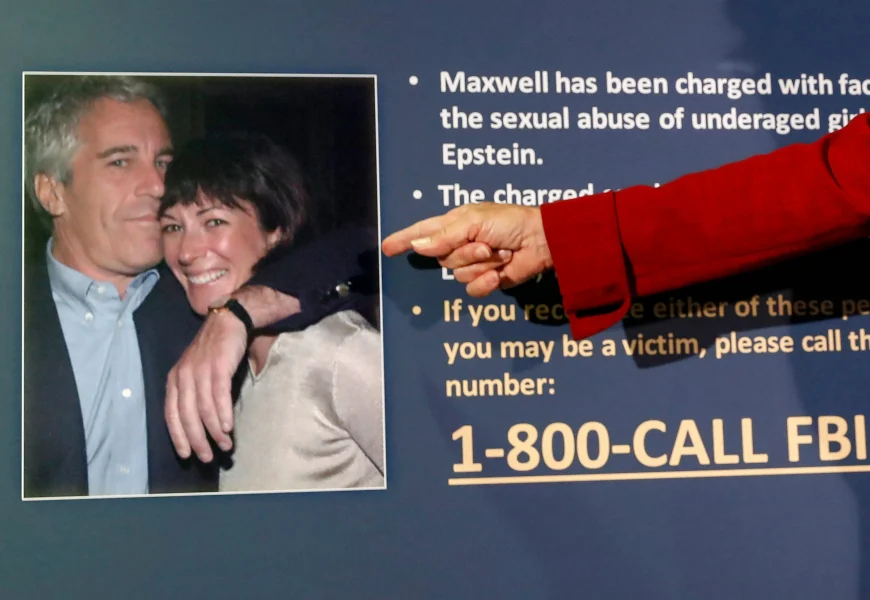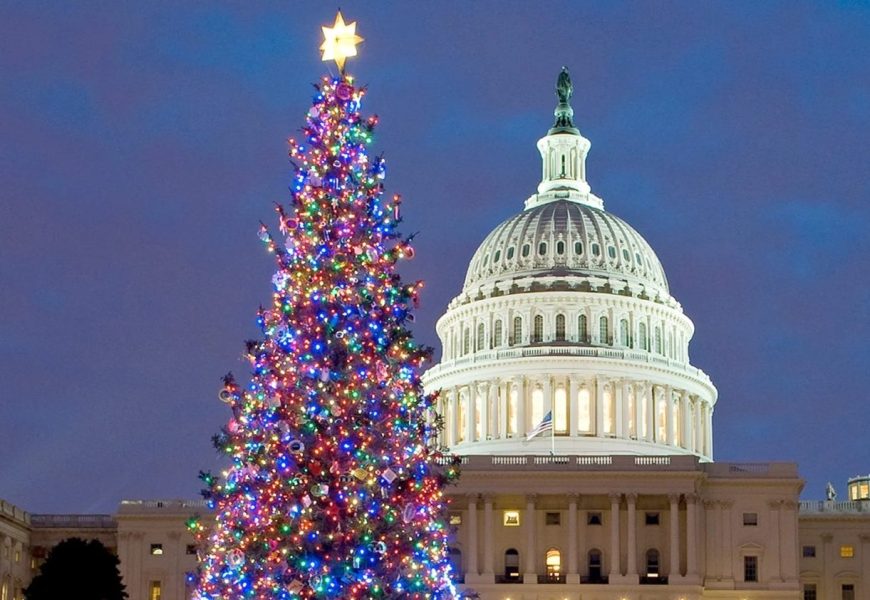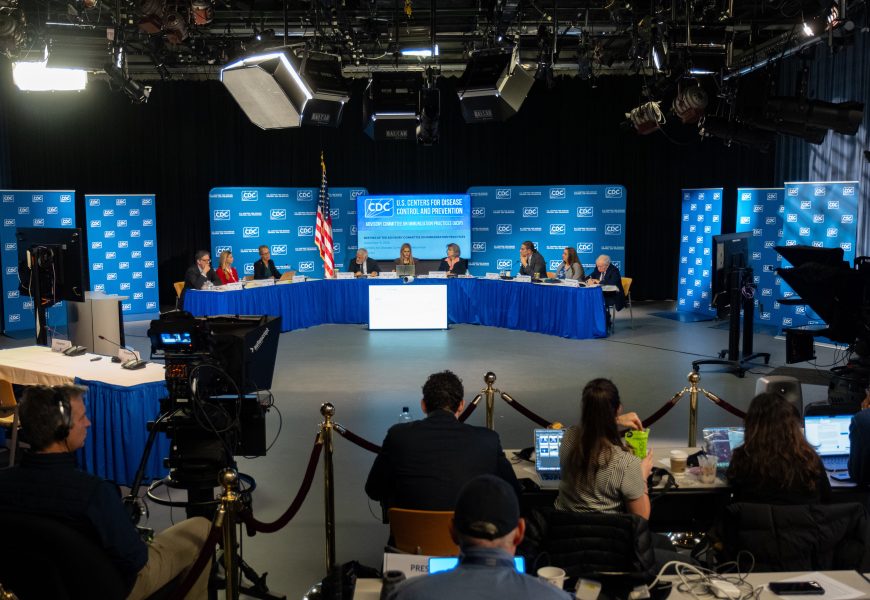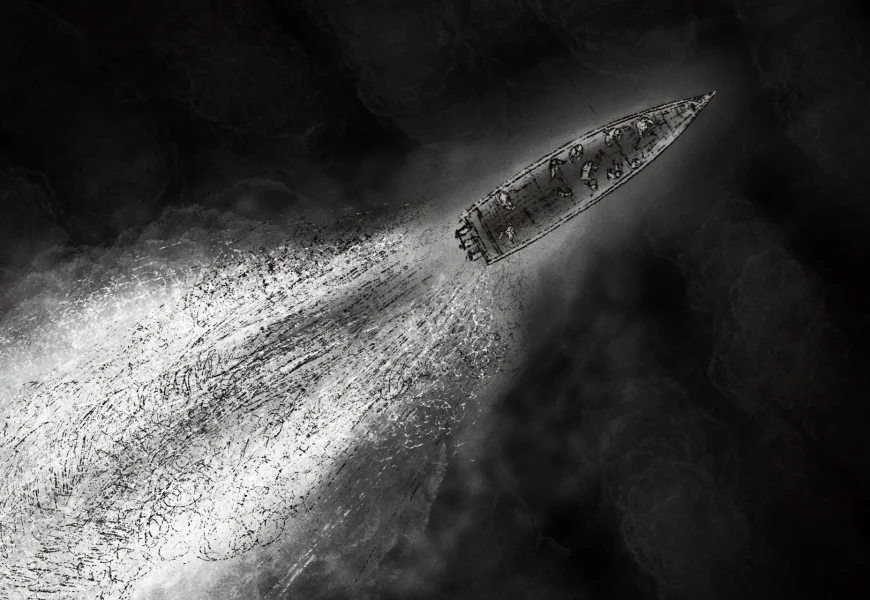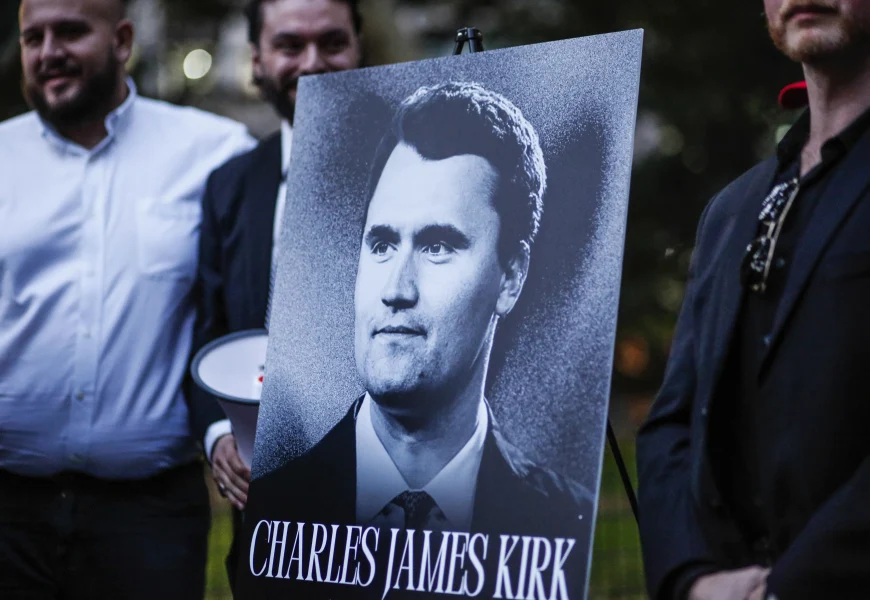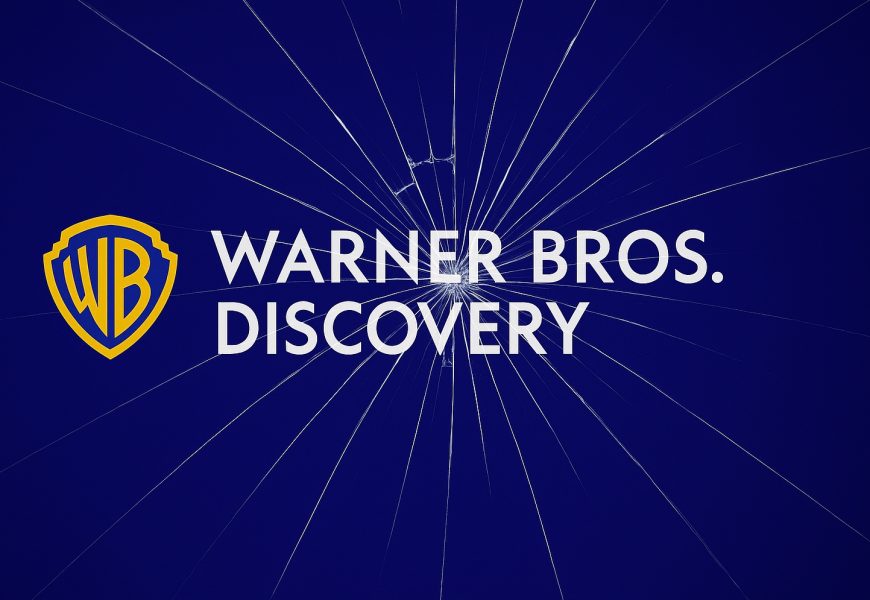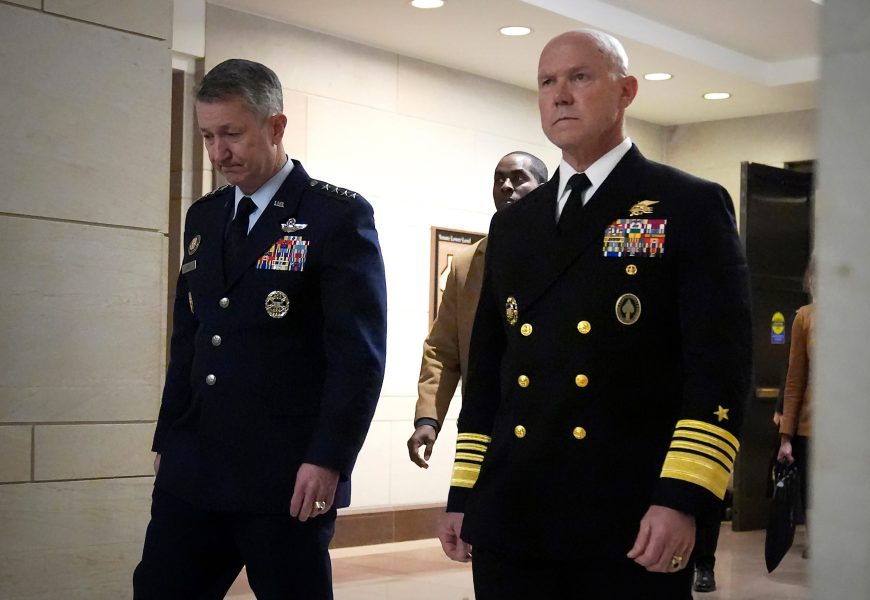The tech industry is moving fast and breaking things again – and this time it is humanity’s shared reality and control of our likeness before and after death – thanks to artificial intelligence image-generation platforms like OpenAI’s Sora 2.
Watchdog group Public Citizen demands OpenAI withdraw AI video app Sora over deepfake dangers
The tech industry is moving fast and breaking things again – and this time it is humanity’s shared reality and control of our likeness before and after death – thanks to artificial intelligence image-generation platforms like OpenAI’s Sora 2.
The typical Sora video, made on OpenAI’s app and spread onto TikTok, Instagram, X and Facebook, is designed to be amusing enough for you to click and share. It could be Queen Elizabeth II rapping or something more ordinary and believable. One popular Sora genre is fake doorbell camera footage capturing something slightly uncanny — say, a boa constrictor on the porch or an alligator approaching an unfazed child — and ends with a mild shock, like a grandma shouting as she beats the animal with a broom.
But a growing chorus of advocacy groups, academics and experts are raising alarms about the dangers of letting people create AI videos on just about anything they can type into a prompt, leading to the proliferation of nonconsensual images and realistic deepfakes in a sea of less harmful “AI slop.” OpenAI has cracked down on AI creations of public figures – among them, Michael Jackson, Martin Luther King Jr. and Mister Rogers – doing outlandish things, but only after an outcry from family estates and an actors’ union.
The nonprofit Public Citizen is now demanding OpenAI withdraw Sora 2 from the public, writing in a Tuesday letter to the company and CEO Sam Altman that the app’s hasty release so that it could launch ahead of competitors shows a “consistent and dangerous pattern of OpenAI rushing to market with a product that is either inherently unsafe or lacking in needed guardrails.” Sora 2, the letter says, shows a “reckless disregard” for product safety, as well as people’s rights to their own likeness and the stability of democracy. The group also sent the letter to the U.S. Congress.

